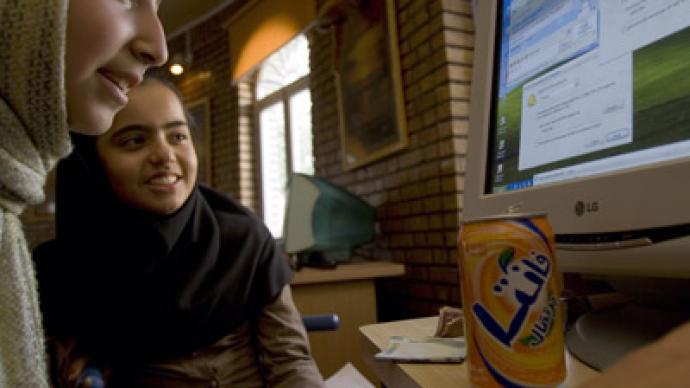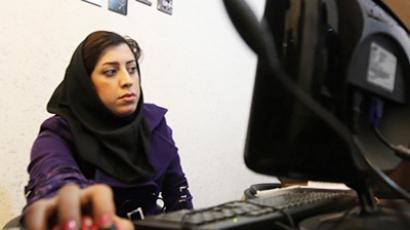Iran's inter-not: 'Nationwide web' on the way

It is not unusual for Middle Eastern countries to block certain websites that authorities feel pose a political or moral danger. Now, Iran has gone one step further and cut off an entire swathe of the internet.
When one of Iran’s 40 million internet users tries to access any website that uses the common https protocol – and that includes Facebook, Gmail and YouTube – the site does not load, and instead a message appears on the screen.It reads: “According to computer crime regulations, access to this website is denied.”Although they have not justified the latest measures, Iranian officials have previously claimed that Western websites are being used by the US authorities to spy on their country.There are contradictory reports about the timing and consistency of the new restrictions. Some bloggers have reported that the crackdown has happened ahead of the anniversary of the Islamic Revolution on February 11, which was expected to be a flashpoint for anti-government protests. But respected internet portal Ars Technica says the restrictions have been gradually implemented over the last few months. It also appears as if the firewall has not been imposed universally, with some users still able to access the websites at least some of the time.In any case, the measures represent another episode in the game of cat-and-mouse that Iran’s censors play with the country’s online population. Tech-savvy Iranian’s have long used workarounds to avoid the stringent filtering system.More sceptical web enthusiasts are afraid that the new restrictions herald the arrival of the long-dreaded “National Internet”. Authorities in the Islamic republic have spent US$1 billion constructing a special closed network that will allow access to a list of specially-selected “halal” or appropriate websites, while the worldwide web as a whole will be blocked completely to non-privileged users. Instead of Google, Iranians will have access to a new search engine, Ya Haq, which translates as “Oh the Just One.” Officials have previously claimed that the National internet is ready to start operating at any time.In an interview with CNET one anonymous Iranian commented: “We are getting closer and closer to North Korea.”
Igor Ogorodnev, RT














